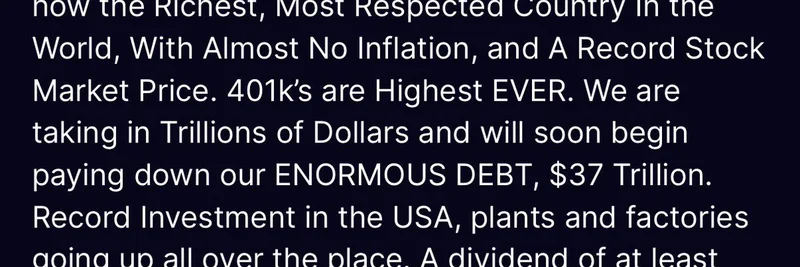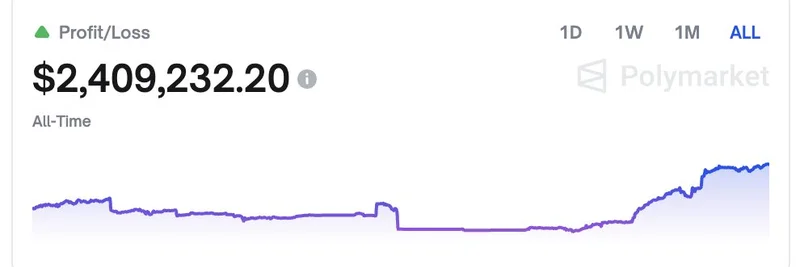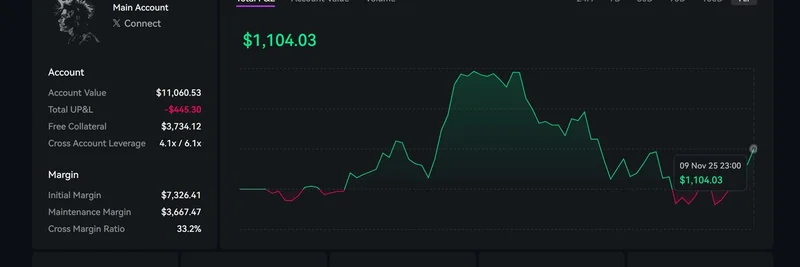Hey there, crypto enthusiasts! If you've been following the wild world of decentralized autonomous organizations (DAOs), you know it's been a rollercoaster. From the highs of community-driven decisions to the lows of governance failures, DAOs are constantly evolving. Recently, a fresh idea called Sowellian popped up on X (formerly Twitter), courtesy of DeanTheMachine from the Realms DAOs team. It's inspired by economist Thomas Sowell and aims to shake up how DAOs make decisions using a betting mechanic straight out of prediction markets. Let's dive into what this means and why it could be a game-changer, especially for projects on Solana.
The Current DAO Dilemma
DAOs were supposed to be the pinnacle of decentralization—community members voting on proposals to guide projects without central authority. But reality has bitten hard. In the first half of 2025, even standout DAOs like Jupiter on Solana and Yuga Labs ditched their governance models, labeling them as mere "governance theater." Why? Voter turnout is abysmal, processes are cumbersome, and power often concentrates in the hands of whales (big holders), turning democracy into a scripted play.
Add to that the murky legal status of DAOs, which exposes projects to risks, leading many teams to claw back control. According to CoinMarketCap, there are 273 DAO tokens with a combined market cap over $21 billion, but half that value is locked in just three: Uniswap ($UNI), Aave ($AAVE), and Bittensor ($TAO). On the flip side, 63 DAOs are worth less than $1 million, basically zombies on the blockchain. Take Mango Markets—once buzzing, now its proposals are nonexistent, yet $19 million in $MNGO tokens linger uselessly.
This backdrop sets the stage for innovations like Futarchy and now Sowellian.
Futarchy: Betting on Values and Paths
First, a quick primer on Futarchy, coined by economist Robin Hanson. It's a system where DAOs define clear goals—like boosting token price or user growth—and use prediction markets to evaluate proposals. Community members bet on whether a proposal will hit those targets, and the market decides the winner. It's all about data-driven decisions, but it has hurdles: high entry barriers, info asymmetries, and potential manipulation.
Enter Sowellian: Stakes for Accountability
Sowellian builds on this but cranks up the accountability. Proposed by @_Dean_Machine from @realmsDAOs and shared in a recent X post, it's named after Thomas Sowell, emphasizing personal responsibility in decision-making.
Here's how it works in simple terms:
Proposer's Deposit: Anyone pitching an idea puts down a stake. If the proposal passes and succeeds, they get it back plus rewards. If it flops, the DAO treasury claims it. This weeds out frivolous ideas.
Voter Betting: Voters don't just click yes/no; they bet real assets on the outcome. Predict right, and you profit; guess wrong, and you lose your stake. It's like turning governance into a prediction market where skin in the game ensures thoughtful participation.
Market-Driven Outcomes: Instead of binary votes, a "market price" emerges, gauging community confidence in the proposal.
This approach fixes Futarchy's gaps by tying incentives to real consequences, boosting engagement and efficiency. It's particularly suited for DAOs needing quick, accountable decisions—think Solana ecosystems like @CabanaExchange, where speed is key.
A Chinese-language breakdown by @Mirandacai4 highlighted how Sowellian could revitalize struggling DAOs, noting its potential to make governance truly decentralized and autonomous.
Why This Matters for Meme Tokens and Blockchain Practitioners
At Meme Insider, we're all about meme tokens, but governance is the backbone of many projects in this space. Solana, a hotbed for memes, has seen its share of DAO woes. Sowellian could empower smaller communities, ensuring meme token projects aren't derailed by apathy or centralization. It's a step toward sustainable decentralization, where every participant has a real stake—literally.
If you're building or investing in blockchain, keep an eye on Realms DAOs. They're pioneering this, and it might just redefine how we govern in web3.
What do you think? Could Sowellian fix DAO fatigue, or is it another experiment? Drop your thoughts in the comments below! For more on emerging blockchain tech and meme token insights, stick with Meme Insider.



